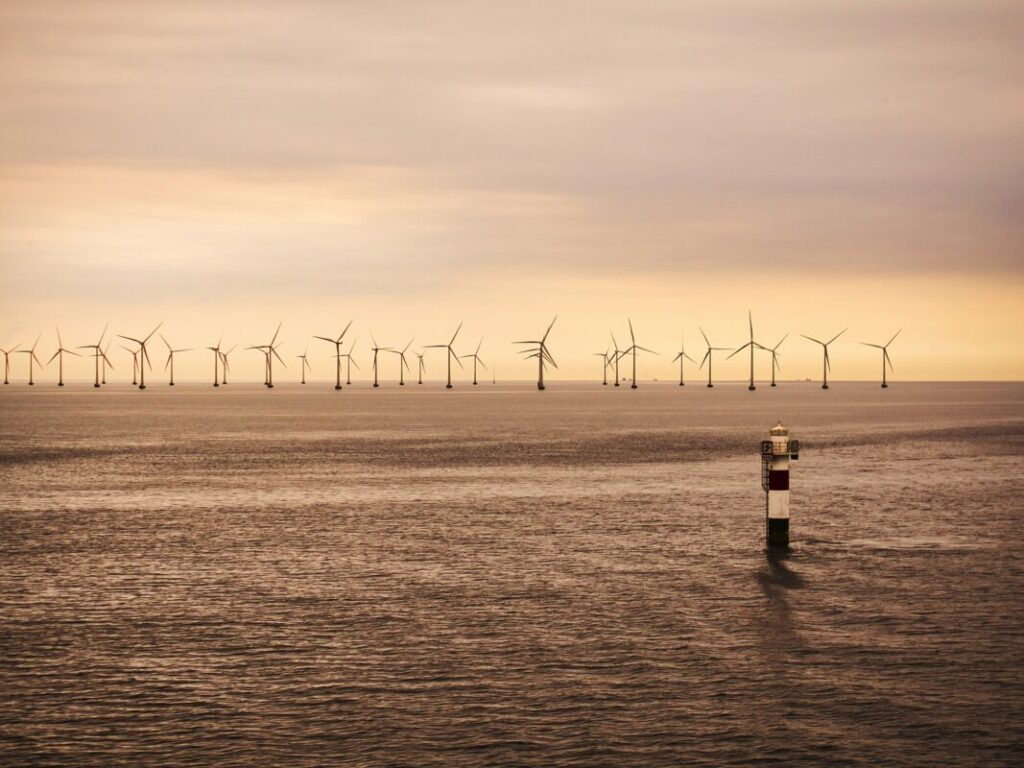The Energy and Climate Intelligence Unit (ECIU) has revealed that treasury red tape could cost UK consumers £1.5 billion a year.
Referencing the “inflexible rules” of the Contracts for Difference (CfD) scheme, the ECIU warned that few offshore wind projects could make it through the next auction (AR5) which is due to complete this September.
The reason for these costs boils down to wholesale prices; electricity produced by wind is cheaper than the regular wholesale electricity price – which is predominantly set by gas power stations.
Even with the threat of inflation increasing offshore wind costs to £60/MWh, this would still be substantially cheaper that wholesale electricity which is forecast to remain at £90-100/MWh.
Responding to industry criticism over the initial £205 million budget for AR5, the Government announced on 3 August that it would increase the funding to £227 million – which remains £58 million lower than AR4 funding.
Despite welcoming the increase members of the energy industry maintained that the budget would still be insufficient in helping fulfil the UK’s net zero target. ECIU’s research condoned this outlook finding that the increase Is “likely to make little difference to the outcome of the auction.”
ECIU also warned that treasury rules which impose an “arbitrary” limit on the number of wind farms that can be contracted will cause bills to spike even higher.
Inflexible rules also caused the latest auction (AR4) to fail to max out its budget, as research from the auction rounds results showed that the auction round failed to secure 1GW of wind which would have resulted in savings of £225 million a year.
The outlook remains bleak for AR5 as ECIU warned that the auction could secure as little as 2GW of offshore wind this year, causing households to lose out on savings of £1.5 billion a year when compared to the 7GW that have the potential to be secured.
As of 16 August Britain has a current offshore wind capacity of 13.9GW.
“Government seems to be focussed on North Sea gas licences and tax breaks for oil companies that won’t bring down bills while tying up offshore wind farms that generate electricity cheaper than gas in red tape. What is going on?” asked Jess Ralston, energy analyst at the ECIU.
“Even with inflation pushing costs up for offshore wind, it will still generate electricity much cheaper than gas power stations. Stifling wind farms pushes up bills. Treasury’s rules seem to be actively working against bringing them down.”
Current± publisher Solar Media is hosting the third edition of its Wind Power Finance & Investment Summit Europe in London this 19-20 September. The conference will focus on investment strategies, alleviating bottlenecks, and which countries and technologies are the most exciting ahead as the industry sets to expand to help reach 2030 targets. Packed with industry leaders representing financiers, investors, developers, government departments and more this is the leading conference for decision makers in the European wind industry. More information, including how to attend, can be read here.






